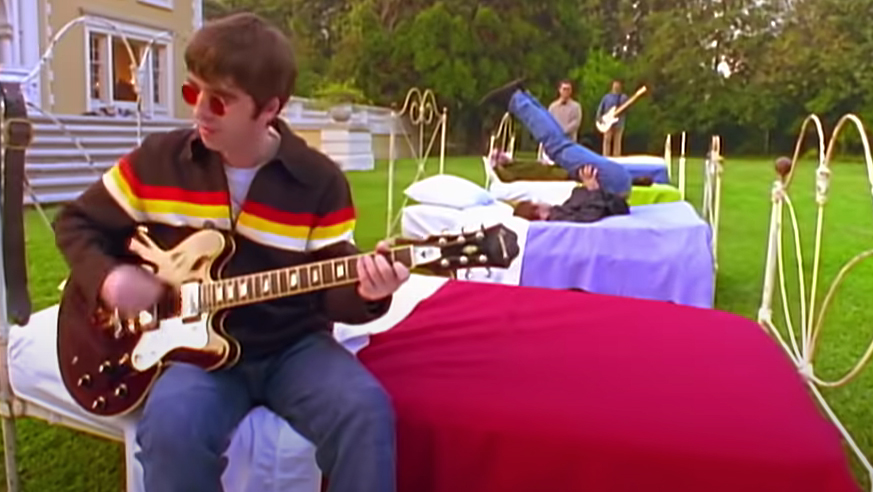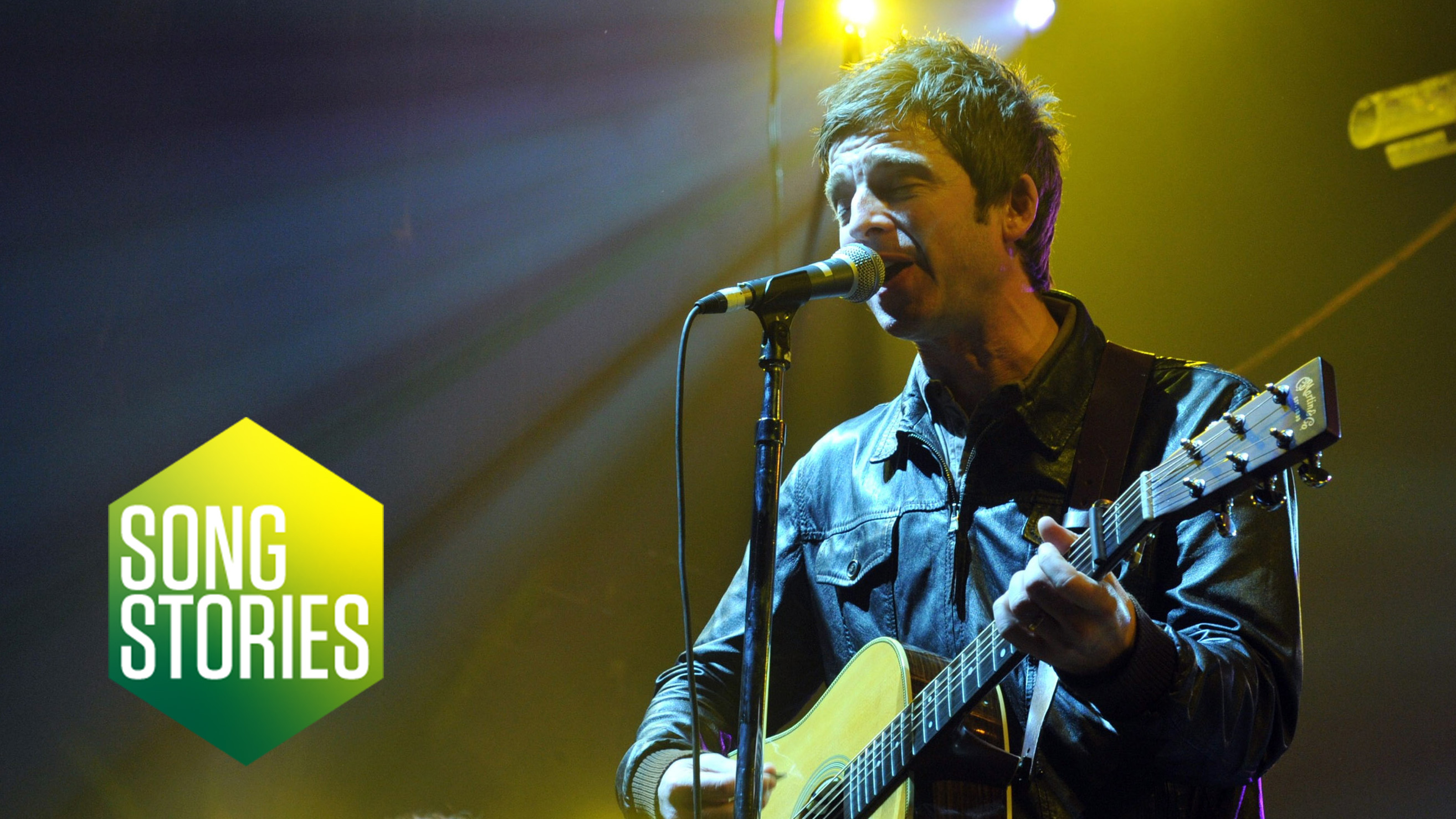
Want all the hottest music and gear news, reviews, deals, features and more, direct to your inbox? Sign up here.
You are now subscribed
Your newsletter sign-up was successful
If you have ever played in a covers band in the UK you will encounter Oasis classic Don't Look Back In Anger at some point; people want to hear it, they want to sing along with it and you better learn it. But there's one chord in the song's bridge that seems to throw players, and for good reason. Even the official Oasis tab and chord books' answers have been up for discussion. Scrub that; they're wrong. Step forward Chris Buck to try and put the issue to bed for good.

Cardinal Black guitarist Chris has played in function bands for years so he knows the struggle all too well, and he's honed in on it for his latest weekly Friday Fretworks YouTube show. Prompted by Noel Gallagher's recent appearance on That Pedal Show where he strummed some of Don't Look Back In Anger on his Epiphone Rivera.
Chris says the official Oasis songbook tells you that the chord over the line 'Take that look from off your face' is a G# dim (diminished). Our own Little Black Songbook on Oasis says it's the equivalent A flat diminished. As Chris notes, diminished chords can sound discordant in isolation but are useful as 'passing' chords to add some drama to transitions between positions. Here it's placed between G and Am. Take it out and the song simply doesn't sound right. But Chris also points out that the official G# dim has never sounded totally right to his ears. And we now know why; it isn't the chord Noel plays in the song.
Noel has been seen onstage moving the G# maj shape up one fret, which is what this writer does when he has had to sing and play it. But what chord is it? We can now see very clearly from Noel's That Pedal Show. Co-presenter Mick Taylor's reaction to the chord in the clip below also makes it clear he's also been playing it 'right' too. But what is it?

"It's an E dominant 7 with a G# in the bass," confirms Chris. So written as E7/G#. And it sounds right – you know the saying in guitar that if it sounds right, it is right! The open strings offer the jangle that was missing from the songbooks. So the moral of the story is beware of songbooks. They don't always get it right.
Want all the hottest music and gear news, reviews, deals, features and more, direct to your inbox? Sign up here.

Rob is the Reviews Editor for GuitarWorld.com and MusicRadar guitars, so spends most of his waking hours (and beyond) thinking about and trying the latest gear while making sure our reviews team is giving you thorough and honest tests of it. He's worked for guitar mags and sites as a writer and editor for nearly 20 years but still winces at the thought of restringing anything with a Floyd Rose.